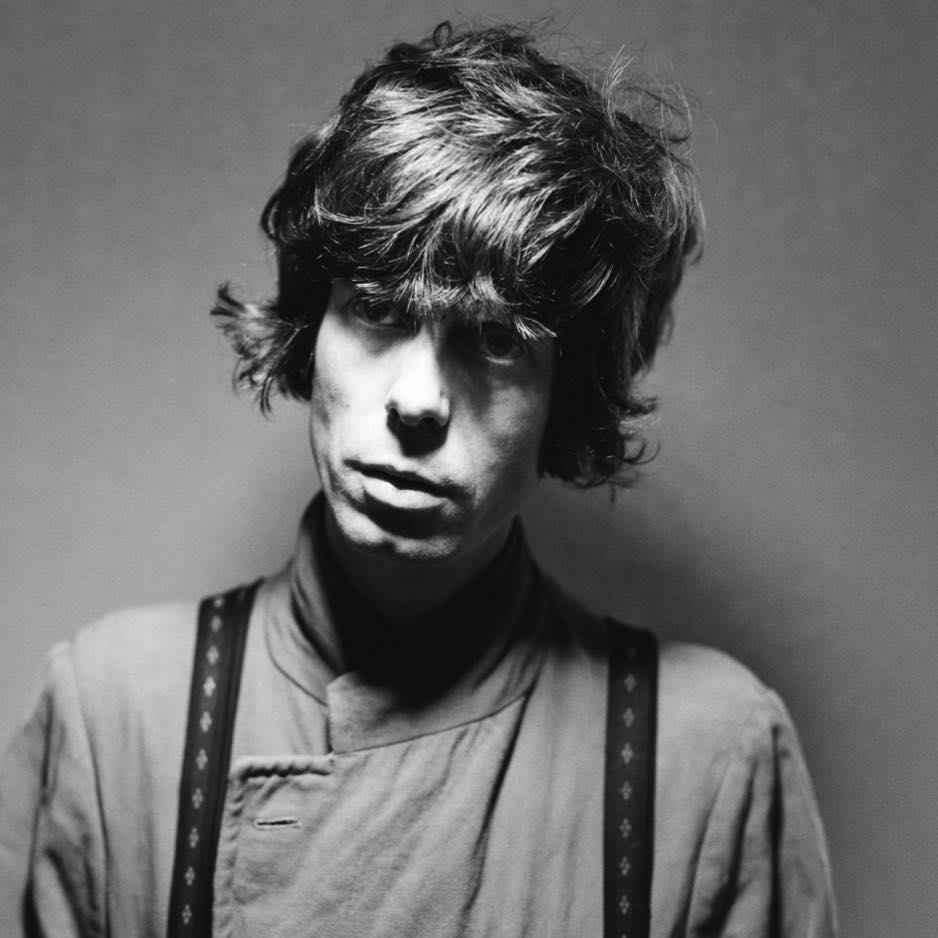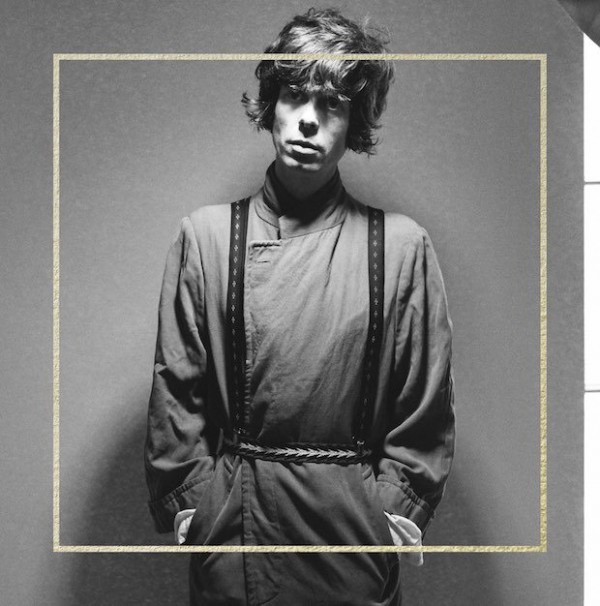Capturing an image that denotes a changing phase in one’s life and making that image resonate can be a laboured and often trite task for an artist. An example: about five years ago at a Bon Iver show in what was then the O2 Arena in Dublin, Justin Vernon made a passing remark about how life’s cyclical nature can be observed in the beginnings and endings of seemingly insignificant things – in his case, tubes of toothpaste. It was a nice thought, but one that perhaps felt too individualised to produce anything more than a shrug of vague acknowledgement from the crowd.
Dental hygiene metaphors aside, that thematic idea carried through far more successfully on 2016’s 22, A Million, an album that, with heart-rending poise, chronicled an individual’s endurance and survival of a prolonged period of darkness and fear. It was a thrill to hear then, on that album’s closing track ‘00000 Million’, Vernon seeking a creative flourish from an oft unsung artist whose lyrical content has always poignantly engaged with those phasic courses of life. Sampling a brief six words from Fionn Regan‘s ‘Abacus’ – “because the days have no numbers” – proved a sufficient and timely reminder of the Bray native’s position as one of the past decade’s strongest and most understated Irish songsmiths.
Since his 2006 debut The End Of History, Regan has regularly taken seemingly inconsequential moments and images and managed to reflect on their significance with seamless concision. And unlike clumsy toothpaste analogies, he has also usually managed to make these reflections work. Now, roughly half a year since that momentary appearance on one of 2016’s biggest “alternative” albums, Regan’s fifth outing The Meetings of the Waters shows the artist once again painting the turbulent tides of life’s course with rich imagery and precise metaphors, signalling a journey from one phase to the next. While the album’s flow at times feels interrupted or fragmented, the path still carries into the end; like an old map that has been worn and damaged but still helps the traveller reach their destination.
2012’s The Bunkhouse Vol.1: Anchor Black Tattoo ducked out quietly with the brittle and resigned ‘Moving To Berlin’, marking a sea change in Regan’s life that saw him doing just as the song title suggested for a number of years. Re-entering then with the ripple of keys and a soft kick drum, this LP’s title track immediately signifies a re-awakened determination in the songwriter. One can picture the rolling delta water meeting the sea in the fuzzed low-end growls that enter toward the end, gradually becoming embalmed in the atmospheric backdrop. The resolution is laid out in the poeticism and assertion of movement in the verses: “I know your storm light will rise up again across the wave”. Here too, Regan re-emerges with a polished confidence and an embracing of larger, bolder production, making it one of the richest cuts he has ever delivered.
The Meetings of the Waters continues as such, showing Regan venturing into territory that comes surprisingly close to stadium folk-rock on tracks like ‘Book of the Moon’ and ‘Up into the Rafters’. They remain more or less tempered however, and retain the sensibility and careful craft that he has boasted since his debut (aside perhaps from the fidgety, deluded The Shadow of an Empire). The bulk of the songs on this album run around the three-and-a-half minute mark and so manage to avoid running away with their newfound instrumental zeal. On the contrary, each track sits as an easily consumed vignette in a broader narrative.
A collection of short stories rather than a novel, the depicted scenes sit here like stills from a period in life, from the skittish, hangover recollection of a bar fight in ‘Babushka-Yai Ya’ to the reposeful, momentary longing of ‘Euphoria’. ‘Wall of Silver’ confronts a need for change and movement amid times of darkness with a beautifully constructed poetic fallacy: “It’s so hard to say it when your heart is frozen. Like a winding river below the ice keeps rolling. And you pray the sunlight will come and crash the surface.”
While the short run-time and the quick shifts in pace make this album’s narrative at first seem jarred and uneasy, by the time we are nestled in the depth of the 12-minute ambient closing track ‘Tsuneni Ai’ it feels like we have reached the other side of something, storms weathered and waters crossed. Life moves rapidly, and significant scenes regularly pass without our recognition. It is only when you finally are given the chance reflect that you can see those moments for what they were and understand where you are now in relation to what’s past. Drifting away with the glistening soundscapes of the closing piece, you can look back and see those individual moments recreated with clarity and artistry.
Fionn Regan has returned with resolute and triumphant collection here, a series of brief snapshots that are as successful individually as they are as part of the collage of memory signifying the movement of life’s current. Eoin Murray





